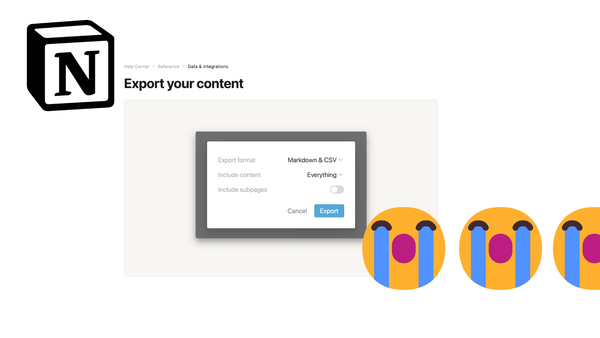Writing Tip: Portfolio of Questions

One of the beauties of most forms of written text is their linearity; that everything has a place between the beginning and the end provides a great aid for our mind to comprehend complex information. Our mind loves shortcuts, and taking messy, multidimensional reality into this compact single-dimensional form has therefore a tempting appeal.
We are often led to think of the process of writing as guided by the linear form of its end result. While there might be some enviable writers, who will start with character one on page one, to then proceed character by character to the last page; these are certainly the exception. After all, the process of writing almost always starts within the mess of reality; which staunchly resists to be packed into the linear shape we envision.
Bringing things into logical order from A to Z is an ability mostly associated with our slow, conscious logical mind. This mind, unfortunately, is not up to the infinitely complex task of creating beautiful and inspiring prose. This makes it so unpleasantly hard to write a text in that ultimate logical order.
This tip provides one strategy to break away from the linear output of the text while retaining some necessary structure and direction for the process of writing. The strategy is as follows:
- Start to build a portfolio of questions, you would like to be answered by your final text.
- Pick whichever question has the most appeal to you and write an answer.
- Constantly revise and extend the portfolio of questions to keep up with the sophistication of your understanding of the text.
- When all questions are answered to your satisfaction, compose a neat linear article from your answers to the questions.
If you find in step 4 that you cannot assemble a neat linear article from the answers you have composed. Then, go back to step 3 and create new questions or revise the existing ones, or go back to step 1, since you might have chosen a topic, which does not lend itself to logical linear discussion at this point in history.
Please note that the questions should not only be intended to form the body of your text but the combined answers should be able to form the entirety of the text to be written; including introduction and conclusion etc. Of course, coming up with such a set of questions is a skill in itself.
As for all writing tips, the observation of yourself is the key ingredient to success. What kind of questions particularly tempt you to write beautiful prose? With what scope of questions do you work best; with those requiring answers of half a page, or one page, or two pages?
All good writing is like a conversations. Putting questions into the center of organizing your text puts the reader in this center, too; since, in a good piece of writing, the questions your text answers should be the questions a reader asks.





